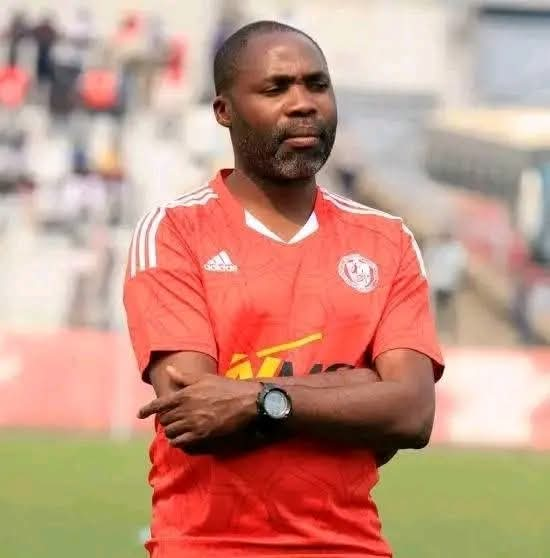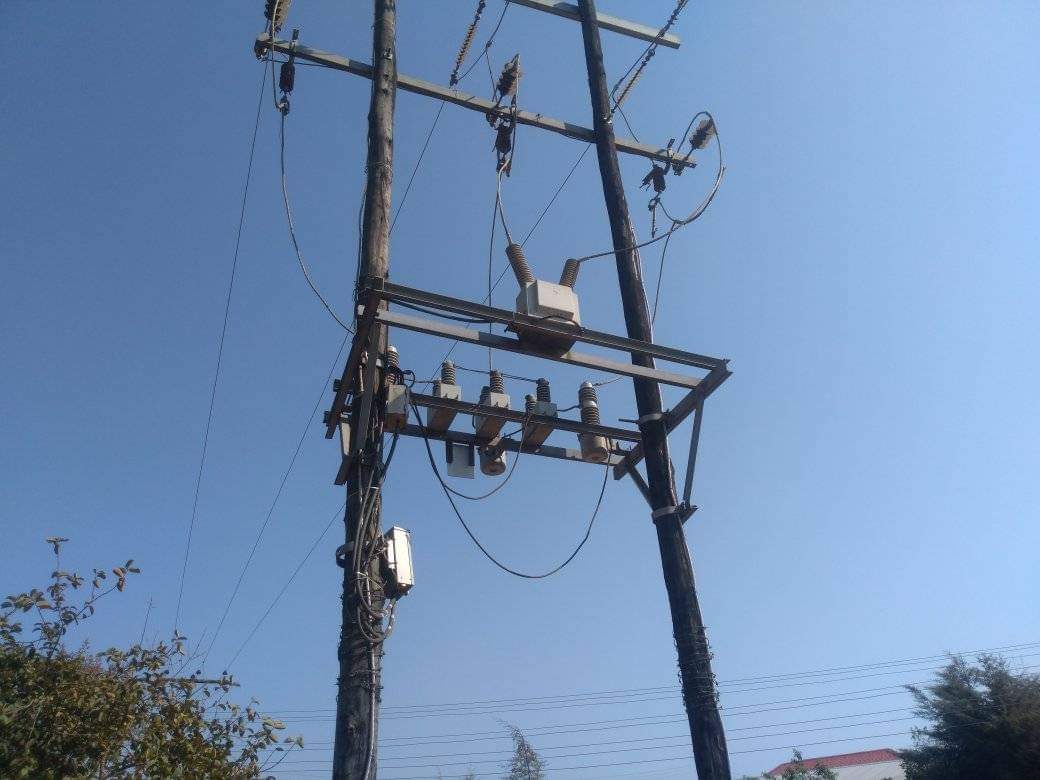The recent decision by Nyasa Big Bullets coach Peter Mponda to send Alick Lungu back home to sort out his contract issues has raised eyebrows. Lungu, who has four months left on his contract, had expressed his desire to leave the club, citing personal reasons. However, the club wants him to stay, and Mponda’s decision has sparked debate about whether a player who has not agreed to a contract extension should be allowed to train with the team.
The examples of Kylian Mbappe and Alexander Arnold suggest that Mponda’s decision may have been harsh. Mbappe, one of the world’s top players, failed to reach an agreement with Paris Saint-Germain over a contract extension, but his coach did not prevent him from training with the team. Similarly, Liverpool’s Alexander Arnold, an academy graduate, has been unable to agree to a new contract, but he continues to train and play for the team.
In both cases, the players were allowed to continue their duties with the team, despite the uncertainty surrounding their futures. This raises the question of why Mponda felt it necessary to send Lungu away. Was it a tactical decision, or was it a punitive measure aimed at forcing Lungu to reconsider his decision to leave?
Lungu’s subsequent decision to write a letter to the club requesting to terminate his contract suggests that Mponda’s decision may have been counterproductive. Rather than resolving the issue, it may have driven a wedge between the player and the club. As the situation unfolds, it will be interesting to see how the club and Mponda respond to Lungu’s request.
Ultimately, the decision to allow a player to train with the team despite a dispute over a contract extension is a complex one. However, the examples of Mbappe and Arnold suggest that it is possible to find a solution that balances the needs of the player, the team, and the club. As Nyasa Big Bullets prepares for the new season, one can only hope that they will find a way to resolve the Lungu saga amicably.




